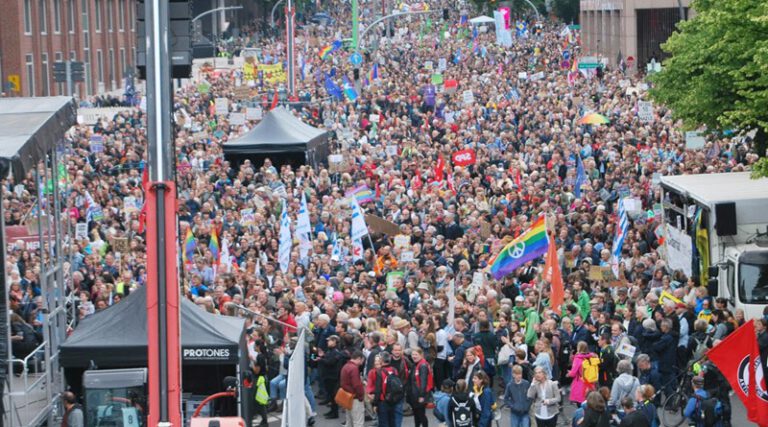Climate change is no longer just an environmental issue; it has become a central economic concern. As the effects of a warming planet intensify, economies around the world are grappling with new challenges and opportunities. This article explores how climate change is reshaping global economies and the implications for future growth.
Economic Costs of Climate Change
The economic impacts of climate change are vast and varied. Extreme weather events, such as hurricanes, floods, and wildfires, are becoming more frequent and severe, causing significant damage to infrastructure, agriculture, and livelihoods. The cost of repairing and rebuilding after such events is substantial, straining government budgets and insurance markets.
In addition, rising temperatures and changing precipitation patterns are disrupting agricultural productivity. Regions that once thrived in certain crops are now facing reduced yields, leading to food shortages and increased prices. This not only affects local economies but also has global repercussions, as food supply chains are interconnected.
The Shift to a Low-Carbon Economy
In response to climate change, there is a growing push towards a low-carbon economy. Governments and businesses are increasingly investing in renewable energy sources like solar, wind, and hydropower. This shift presents both challenges and opportunities.







On one hand, industries reliant on fossil fuels are facing declining demand and stricter regulations, leading to job losses and economic disruption. On the other hand, the renewable energy sector is experiencing rapid growth, creating new jobs and driving innovation. Countries that lead in green technology are positioning themselves as economic powerhouses of the future.
The Role of Policy and Innovation
Effective policy is crucial in managing the economic impact of climate change. Governments must balance the need for economic growth with the imperative to reduce carbon emissions. This requires innovative solutions, such as carbon pricing, subsidies for green technologies, and investments in sustainable infrastructure.
Moreover, businesses are recognizing the importance of sustainability for long-term profitability. Companies that adopt eco-friendly practices and reduce their carbon footprint are not only contributing to the fight against climate change but also gaining a competitive edge in an increasingly environmentally-conscious market.
Conclusion
Climate change is transforming the global economy, presenting both risks and opportunities. As the world navigates this new reality, collaboration between governments, businesses, and communities will be essential to ensure a sustainable and prosperous future for all.















